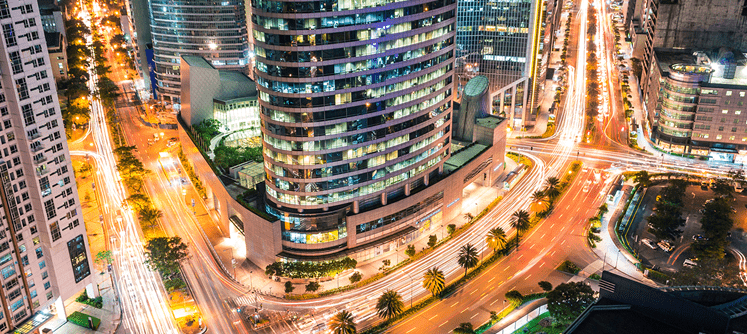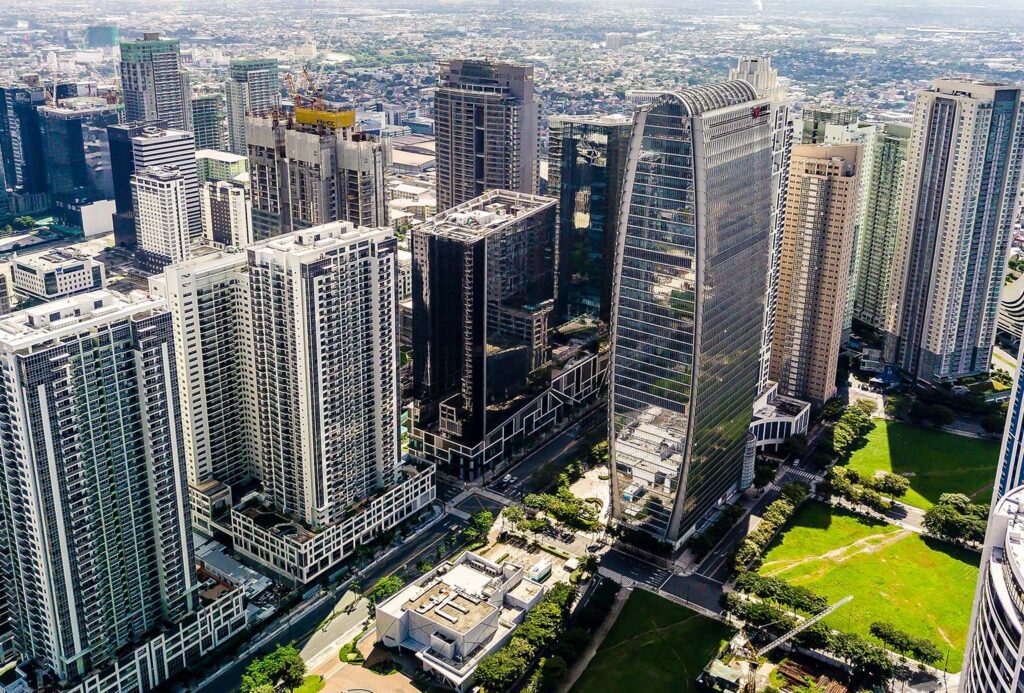The Philippines is a beautiful country, known for its stunning beaches, warm hospitality, and vibrant culture. For expats, relocating to the Philippines can be a rewarding experience, but it’s important to be well-prepared. Whether you’re relocating for work, retirement, or simply a change of scenery, here’s a comprehensive guide on what you need to prepare before moving to the Philippines.
1. Visa and Legal Requirements
Tourist Visa
Most visitors from many countries can enter the Philippines visa-free for a short period, typically up to 30 days. If you plan to stay longer, you’ll need to apply for a tourist visa extension, which can be done in-country. It’s crucial to keep track of your visa status to avoid overstaying, which can result in fines.
Long-Term Visa Options
If you’re planning a longer stay or a permanent move, consider these visa options:
- Special Resident Retiree’s Visa (SRRV): Ideal for retirees, this visa provides permanent residency with the ability to bring in household items tax-free.
- Work Visa: For those moving for employment, your employer can sponsor a work visa. Alternatively, you may qualify for a Special Working Permit (SWP) for short-term work.
- 13A Visa: If you’re married to a Filipino citizen, you can apply for the 13A visa, which grants permanent residency.
Make sure you have all the necessary paperwork, including:
- Valid passport (with at least six months of validity)
- Proof of onward travel (if on a tourist visa)
- Birth certificates, marriage certificates (for certain visa types)
- Medical clearance (for some long-term visas)
2. Housing and Accommodation
Researching accommodation ahead of time is essential. The cost of living and rental prices can vary greatly depending on location. In major cities like Manila, Makati, or Cebu, rent can be higher, particularly in gated communities or high-rise condos. For a more laid-back lifestyle and lower costs, you may want to explore provincial areas or smaller cities.
Things to consider when choosing accommodation:
- Proximity to work/school: Traffic can be heavy in urban areas, so try to live near your workplace or children’s school.
- Accessibility to essential services: Make sure you’re near hospitals, grocery stores, and transportation hubs.
- Security and safety: Look for safe neighborhoods, preferably with security guards or gated communities.
3. Health Insurance and Healthcare
Healthcare in the Philippines ranges from world-class hospitals to more basic facilities, especially in rural areas. Public hospitals may have long wait times and limited resources, while private hospitals often offer higher quality care.
Key things to arrange:
- Health Insurance: Consider purchasing a comprehensive international health insurance plan, especially if you plan to use private hospitals. Some expats also opt for local health insurance plans.
- Access to Medications: If you’re on any medications, check if they are available locally or plan to bring an adequate supply with you.
4. Banking and Finances
Setting up your financial life in the Philippines can take some time. Here’s what to prepare:
- Bank Account: Opening a local bank account is essential if you plan to stay long-term. You will need a valid visa and local address for this. Popular banks among expats include BDO, BPI, and Metrobank.
- Currency: The local currency is the Philippine Peso (PHP). While credit cards are accepted in most urban areas, it’s advisable to carry cash, especially when visiting provincial areas.
- Tax Considerations: The Philippines has tax treaties with many countries, but you should consult a tax advisor to understand any implications of moving, especially if you’re earning income from abroad.
5. Understanding the Culture and Language
The Philippines is a diverse and multicultural country, with a mix of indigenous, Spanish, American, and Asian influences. While Filipino (Tagalog) is the national language, English is widely spoken, especially in business and urban areas.
To ease your transition:
- Learn some basic Filipino phrases: While most Filipinos speak English, learning common greetings or phrases can help you navigate daily life and build rapport with locals.
- Respect the culture: Filipinos value hospitality, family, and community. Be mindful of cultural differences, especially regarding social customs and traditions.
6. Transportation and Driving
Transportation can be a challenge in the Philippines, especially in congested cities. Most expats use a combination of taxis, ride-hailing apps (like Grab), and public transportation.
If you plan to drive:
- International Driver’s License: You can use your international driver’s license for up to 90 days. After that, you’ll need to apply for a local driver’s license.
- Buying or Renting a Car: If you plan to stay long-term, buying a car may be more practical. However, be prepared for Manila’s infamous traffic and road conditions that can vary across regions.
7. Schooling and Education
If you’re moving with children, finding the right school will be a top priority. The Philippines offers several educational options, including:
- Public schools: Free but may have overcrowded classrooms and limited resources.
- Private schools: A popular option among expats, offering English-language instruction and international curricula.
- International schools: There are several reputable international schools, particularly in Manila and Cebu, offering IB, British, or American curriculums.
8. Communication and Technology
Staying connected is easy in the Philippines, but you’ll need to arrange for services such as:
- SIM Card: Purchase a local SIM card from providers like Globe or Smart for affordable calls, texts, and mobile data.
- Internet: While high-speed internet is available in most urban areas, connectivity can be slower or less reliable in rural regions.
9. Adapting to the Climate
The Philippines has a tropical climate with a wet and dry season. The weather can be hot and humid year-round, with monsoon rains from June to October. Prepare for frequent rain showers during the wet season and possible typhoons, especially if you plan to live in coastal or rural areas.
10. Preparing Mentally and Emotionally
Finally, moving to a new country requires mental and emotional preparation. Here are some ways to ease the transition:
- Join expat groups: There are many online communities for expats in the Philippines that can provide valuable advice and support.
- Expect culture shock: Adjusting to a new environment can be overwhelming, so give yourself time to adapt.
- Embrace the adventure: Moving to the Philippines offers a unique opportunity to explore new experiences, learn about a different culture, and enjoy the beautiful scenery.



